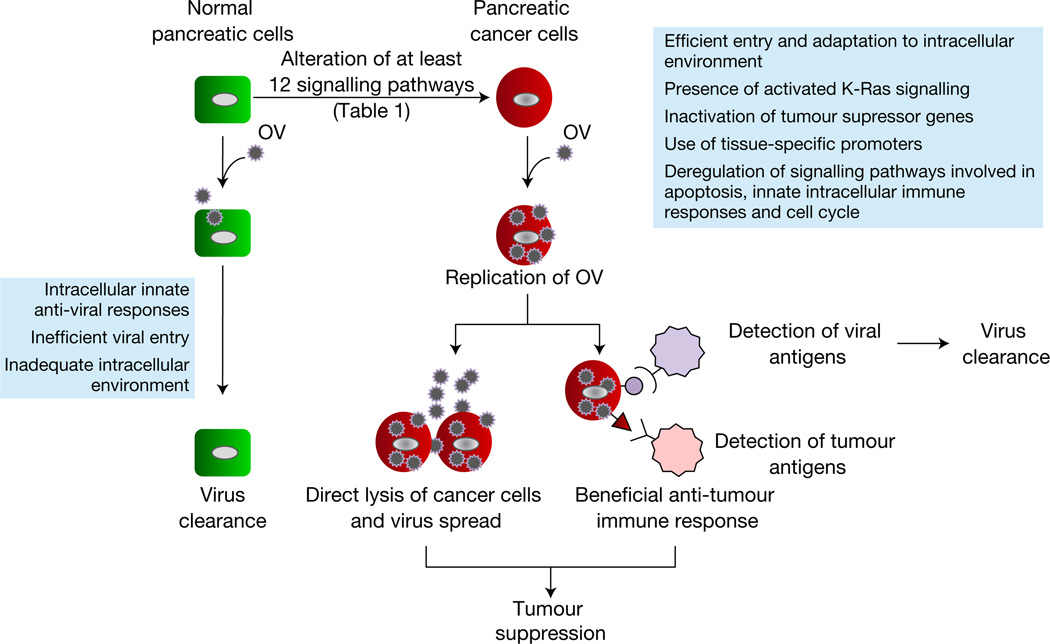Figure 1. Specificity of oncolytic viruses for pancreatic cancer.
Pancreatic cancer cells arise from normal ductal cells upon genetic alterations that lead to the dysregulation of specific signalling pathways. Oncolytic viruses (OVs) cannot replicate in normal cells owing to inefficient viral entry, induction of innate intracellular antiviral responses or an inadequate intracellular signalling environment. The specificity of OVs can be dictated at the step of viral entry or later, within the specific intracellular environment of the pancreatic cancer cell. Successful replication of an OV in the cancer cell should lead to oncolysis. Oncolysis can be achieved through several methods, which include, among others, the direct lysis of cancer cells as a product of lytic viral replication as well as the induction of a beneficial antitumour immune response triggered as a consequence of the activation of the immune reponse by the virus. Ultimately, virus is cleared by a protective antiviral immune response and tumour clearance can proceed by the establishment of the antitumour response.

